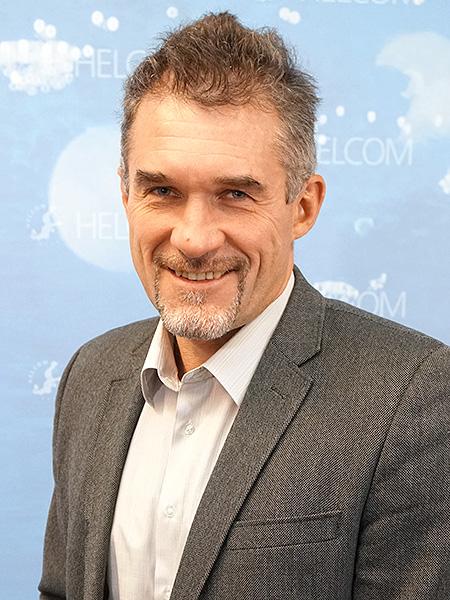eMSP NBSR
Emerging ecosystem-based Maritime Spatial Planning topics in the North and Baltic Seas Region (eMSP NBSR)
The eMSP NBSR project will enable maritime spatial planners and maritime spatial planning (MSP) policymakers in the North and Baltic Sea region to reflect on current practices, to learn effectively from each other, and to collectively identify problems and solutions. It will also facilitate collective feedback to national governments and the European Commission on the implementation, development and research actions, and managerial approaches related to MSP. The project will also seek to involve other key MSP stakeholders such as from industry, academia and non-governmental organisations.
Overall vision and goals of the eMSP NBSR project
- Support a coherent implementation of marine plans across borders and coherence in overall maritime policy in the Baltic Sea and North Sea areas.
- Support the continued development of MSP to identify and address present and future challenges.
- Develop capacity and capabilities of responsible authorities to make them better equipped to
- Assist Baltic and North Sea countries to establish a structure for cross-border collaboration and learning onthese matters.
Work packages
- WP 1: Project Management.
- WP 2: Inception phase. The first 6 months of the project will be dedicated to set up the frame for the content-oriented work of the project, especially for the Work Package 3.
- WP 3: Maritime Community of Practice. This WP is a Community of Practice (CoP) that will facilitate continuous learning as a long-term way to “future proof” MSP. The CoP will tackle the 5 following topics, the so-called “learning strands”:
- Ocean governance;
- Ecosystem-based approach;
- Sustainable blue economy;
- Monitoring and evaluation;
- Data sharing, information and communication technology serving MSP.
- WP 4: Science-Policy Interface and Policy and Governance Implications. This WP provides multi- dimensional learning and linkages to promote the cohesion of the eMSP learning process. As it facilitates overall learning and synthesis it relates to all project objectives. WP 4 lifts the overall purpose of capacity building for MSP through the project to a higher level, including a meta-level and a beyond the project level.
- WP 5: Project Communication.
HELCOM involvement in eMSP NBSR
HELCOM contributes to all work packages and learning strands.
In particular, HELCOM and the Swedish Agency for Marine and Water Management (SwAM) are co-leading the learning strand on Ecosystem-based Approach (EBA). The aim of this learning strand is to further strengthen and harmonize EBA in MSP by sharing and building on existing experiences, and by analyzing how EBA is currently included in national planning processes and in maritime spatial plans.
The HELCOM Secretariat is also strongly involved in the learning strand on Data sharing, information and communication technology serving MSP. This leaning strand will be mainly focused on making available the maritime spatial plans via data portals. HELCOM will contribute by sharing its experience acquired from the Baltic Sea Region MSP Data Expert Sub-Group and the work achieved and planned on BASEMAPS, a Baltic Sea MSP map and data portal.
Official website


Contact

Dmitry Frank-Kamenetsky
HELCOM Special Advisor
dmitry.frank-kamenetsky@helcom.fi
+358 40 630 9933

Florent Nicolas
HELCOM Associate Professional Secretary
florent.nicolas@helcom.fi
+358 40 668 3145
